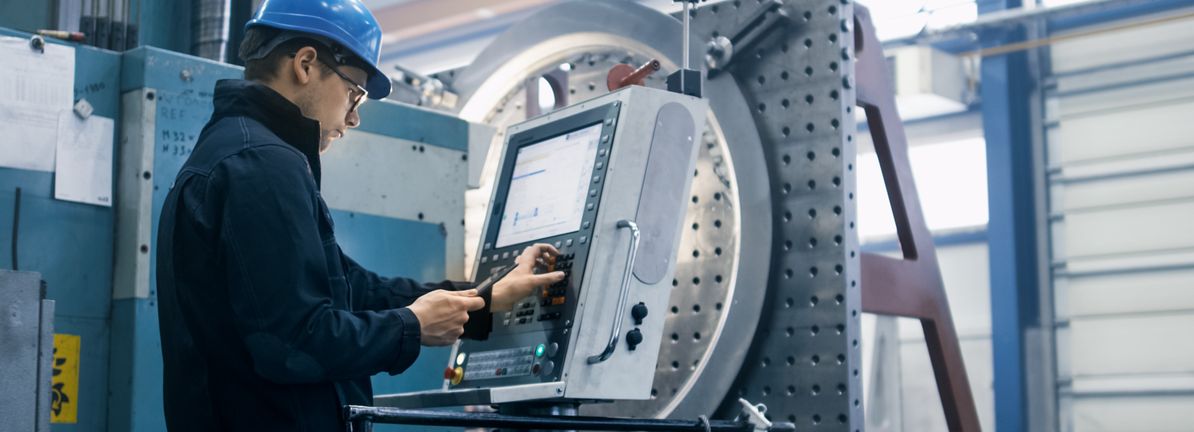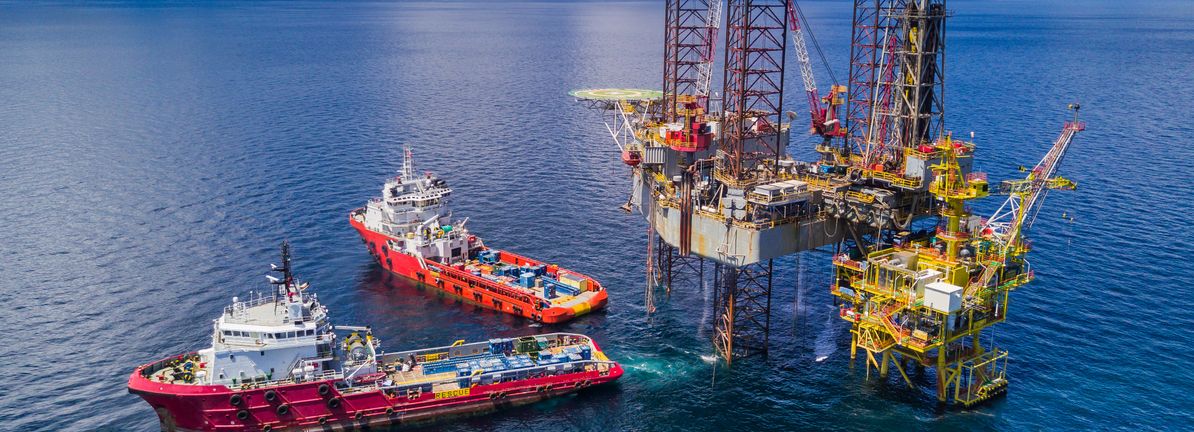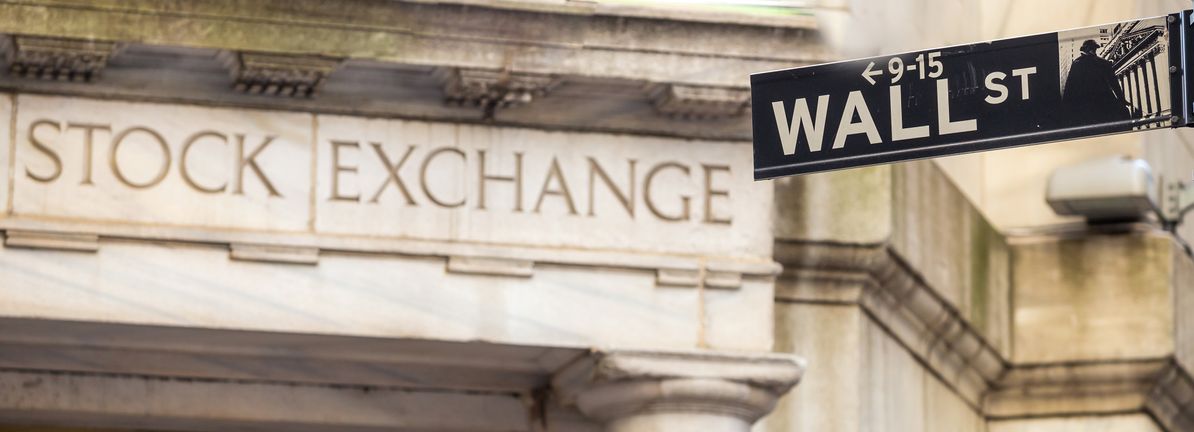 Handout
HandoutPeople have been urged to shop local this weekend as Small Business Saturday shines a spotlight on small firms from artisan makers to family-run shops.
As well as pop-up events, seasonal entertainment is offer on many of the region’s high streets in a bid to encourage shoppers to venture offline.
One council said the aim was to have a “a lasting impact on small businesses” not just a short-term boost.
Events this weekend follow a recent visit by Business Minister Blair McDougall, who acknowledged that small firms often faced different challenges to larger companies, but that the government was trying to help, with measures in the Budget targeting sectors such as hospitality.
However recent increases in the national minimum wage and employers’ National Insurance contributions, as well as energy and food price rises have affected businesses big and small.
Among the events this Saturday is one by Black Country Artisan Fairs, which will feature 36 artists and makers selling handmade goods at Wolverhampton’s Mander Centre.
Organiser Becky Forster said the whole point was to “support the little guy”.
 Handout
Handout“Feedback from the shops and shoppers is always so positive. We bring people back to the high street,” she said, adding that pop-up events offered a platform for sellers who could not afford to run a shop because of business rates.
Ms Forster has a stall named That’s Sew Becky, selling clothing and accessories, using leftover fabrics to cut down waste.
Other traders include knitting and crochet makers, artists, a florist and a baker, and jewellery designers including fellow organiser Dave Hubble, who runs Wyrdwood with his wife Sandra.
Success stories in the West Midlands include Elite Hampers in Telford, which was one of the 100 businesses promoted by the Small Business Saturday campaign this year.
The campaign also highlighted Impressums Jewellery and occasionwear clothing company Diffuse Retail, both in Warwickshire, and Noah’s Art in Birmingham, which makes keepsakes and wedding decor.
Jeevan Punj, who founded Elite Hampers gifting service, was at the House of Lords and Number 11 Downing Street to meet the Chancellor on Tuesday, as part of a Small Business Saturday event.
She described how she started her career in healthcare as an optician, but, after a change of heart during the Covid pandemic, set up Elite Hampers in 2021.
 Handout
Handout“I like to give, to make something and give it to somebody,” she said.
One night she registered her business with Companies House and said she then had to work out what to do.
‘Imposter syndrome’
Ms Punj said she got an alcohol licence and 5* food hygiene rating, and went on to create hampers that mostly contain food and drink, but, as bespoke gifts, can also include anything from pens to diaries.
She said it was easy to get nervous and many small businesses had “imposter syndrome”, but she said: “You’re capable of so much more than you know.”
On Saturday, she is sending hampers as gifts to 10 other small businesses.
Her key message for Small Business Saturday was “try to support your local small business as much as possible, whether online or on the high street, because we want to help the economy and support local people”.
 Handout
HandoutStaffordshire County Council said small firms made up nearly 90% of companies in the area and were “vital” to the local and UK economy.
Council deputy leader Martin Murray urged residents to go out and support local businesses, but added: “We’re also reminding small business owners of our extensive range of business support available right now.”
Meanwhile, Visit Worcestershire said 78% of local enterprises employed fewer than five people and the county was “shaped by its micro-business community”.
The tourism body has showcased a family-run pottery studio, Honeybourne Pottery, owned by Annabel and Alan Cusack in Honeybourne High Street, on the border of Worcestershire and Gloucestershire.
Mr Cusack said Small Business Saturday “really helps put local makers on the map”.
“It brings new faces into the studio and encourages people to try something hands-on, which is what we’re all about,” he said. “That support means the world to small businesses like ours.”
Independent studios and small businesses gave character and life to communities, he added, and helped to keep villages and towns vibrant.
“Every purchase, booking and visit makes a real difference to the people behind the business,” he said. “For us it’s about sharing our craft.”
 Getty Images
Getty ImagesBusiness Minister Blair McDougall visited Stoke-on-Trent on Thursday, describing its “enormous economic potential”.
He said there were a lot of issues facing small firms such as dealing with late payments from larger companies which he described as “crippling for a small business”.
He also highlighted the importance of finance to help them grow.
“For our part as government, we are trying to reform business rates and give more relief to people, you saw that in the budget with particularly additional help for hospitality businesses,” he said.
However hospitality firms have also been disproportionately affected by consecutive rises in the national minimum wage.
Other small businesses have said they wanted to see a cut in red tape as well as less tax.

Warwickshire County Council described small businesses as “the backbone of our communities”.
Councillor Rob Howard said Small Business Saturday was a “fantastic opportunity to shine a spotlight” on them.
On Saturday, a series of pop-up shops will open their doors in Rugby, while Warwick will have free parking, horse and carriage rides and a Christmas Fun Day showcasing 22 independent businesses.
The Smith Street Christmas Market is also taking place in the city with local traders offering gifts, seasonal food and mulled wine.
Tamworth Borough Council is offering free parking in council-run car parks on the three Saturdays before Christmas – on 6, 13 and 20 December.
Councillor Nova Arkney said: “We hope to boost trade, attract more visitors and give people the opportunity to enjoy Tamworth’s fantastic festive atmosphere.”







